Distracted as I am easily, I found this info worthwhile to include here.
From the Department of Life Education:
Baby Carrots:The following is information from a farmer who grows and packages carrots for IGA, METRO, LOBLAWS, etc.
The small cocktail (baby) carrots you buy in small plastic bags are made using the larger crooked or deformed carrots which are put through a machine which cuts and shapes them into cocktail carrots - most people probably know this already.
What you may not know and should know is the following:
Once the carrots are cut and shaped into cocktail carrots they are dipped in a solution of water and chlorine in order to preserve them (this is the same chlorine used in your pool).
Since they do not have their skin or natural protective covering, they give them a higher dose of chlorine.
You will notice that once you keep these carrots in your refrigerator for a few days, a white covering will form on the carrots. This is the chlorine which resurfaces. At what cost do we put our health at risk to have esthetically pleasing vegetables?
Chlorine is a very well-known carcinogen, which causes Cancer. I thought this was worth passing on. Pass it on to as many people as possible in hopes of informing them where these carrots come from and how they are processed.
I used to buy those baby carrots for vegetable dips. I know that I will never buy them again!!!!
Confirmed by Snopes in part. Could anybody help investigate if that is true for organic ones true? Since they wash organic eggs in chlorine solution I wouldn't put it past them!
In my next blog I'll yell you how we coped with an abundance of carrots on our organic farm.
Subscribe to:
Post Comments (Atom)




























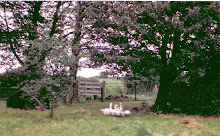





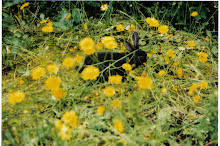








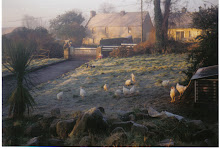
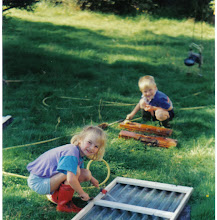














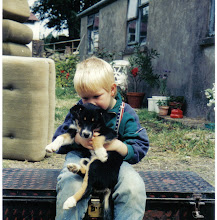
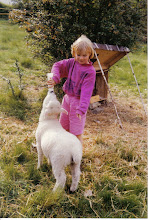
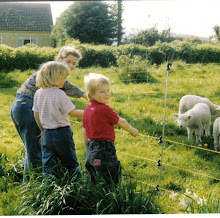


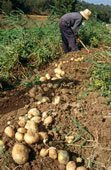






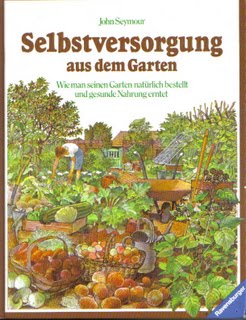

No comments:
Post a Comment